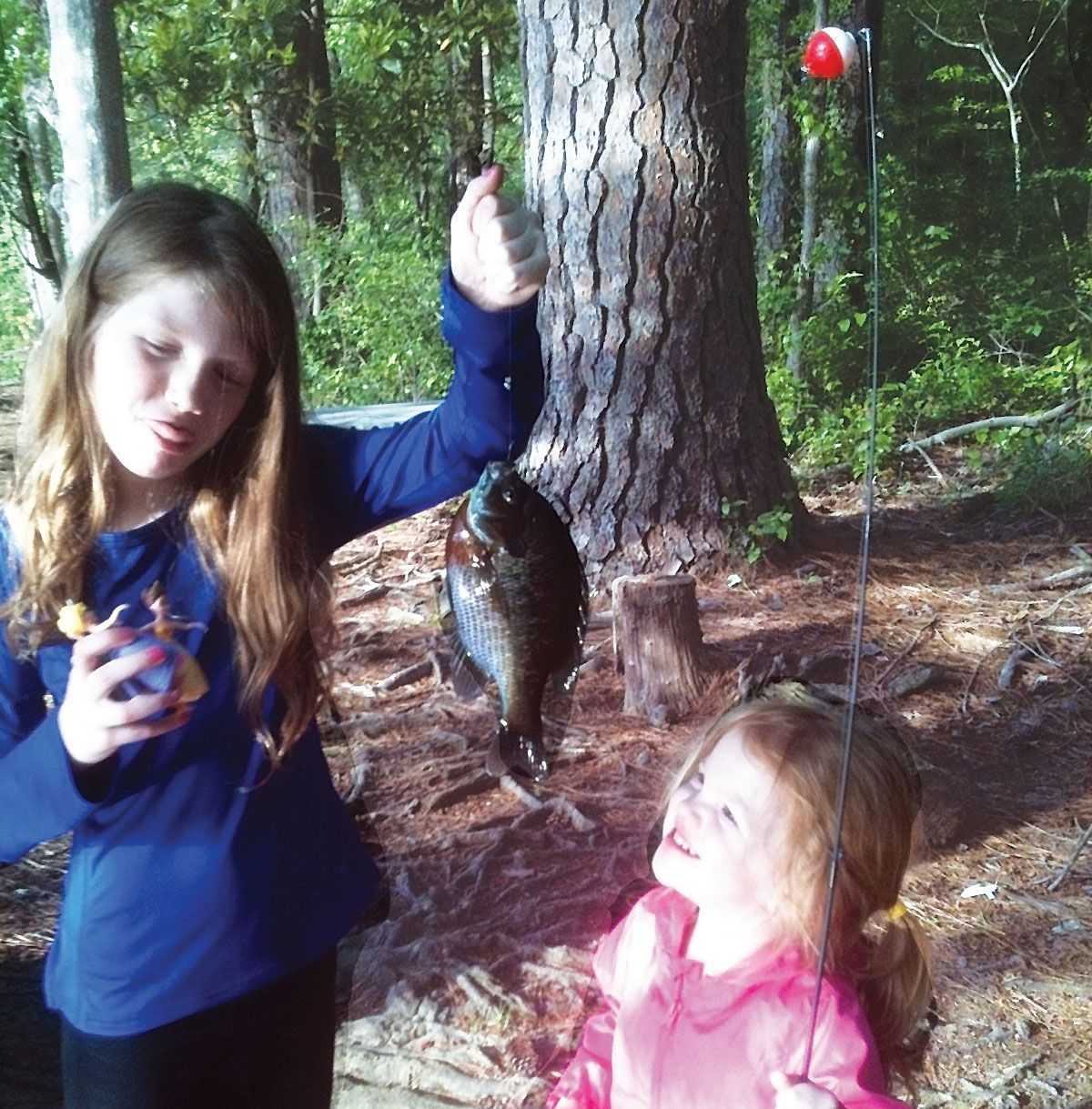
By: Robert Wiggers
Start ’Em Out Young
Teaching kids to fish can be an incredibly rewarding experience. Through fishing you can teach patience, how to pay attention, and the rewards from doing something correctly. Fishing is one of the easiest ways to introduce kids to the concept of conservation. Plus, fishing is a great way for adults and kids to share an experience that eliminates the generation gap. Growing up, I remember times when my father and I had a hard time communicating; we could always talk about fishing.
Most kids take to fishing naturally, but whether or not it develops into a lifelong passion often depends on their initial experiences. Most adult anglers were introduced to fishing at a fairly young age. We might remember who it was that got us into the sport, but maybe not exactly what it was that made it so appealing. Sure, actually catching something made it enjoyable and satisfying. The tug on the end of the line had an addictive sensation. At some point we recognized fishing as not just an activity, but a lifestyle, and factors other than catching fish contributed to our enthusiasm. Maybe we had a sense of admiration for whoever provided us with the opportunity of trying to catch a fish. We wanted to be like them and do the things that they were doing. It could have been getting ready the night before, waking up at the crack of dawn or simply enjoying the calming effect that looking out on the water has on the human spirit.
Few parents would argue the fact that raising kids in today’s “social media-soaked society” is difficult, considering the array of modern distractions. Getting kids involved in fishing is more challenging than ever. The key is to create a sense of enjoyment that will make them want to fish for the rest of their lives. Kids who enjoy fishing seem less likely to get into trouble.
Successfully teaching kids to fish requires the right approach. If the kids get bored and want to start throwing rocks in the water, play with the bait, or do anything else that seems fun to them, let them play and have fun. Don’t make it too serious. And focus on species that are fairly easy to catch in good numbers. Sell the sport as more than just an activity but a lifestyle. Allow them to be involved in everything from preparing for the trip to dealing with the catch. Along the same lines, sometimes figuring out how to catch fish can be like putting together a puzzle. Try to engage kids in the problem solving aspect of fishing by asking them why they thought a particular trip was successful or not.
The South Carolina Department of Natural Resources has always been a strong advocate for teaching kids how to fish. Both the Marine and Freshwater Divisions have tackle loaner programs in addition to regularly hosting and sponsoring fishing clinics and rodeos. Events like these bring adults and kids together. The enthusiasm an adult shows for fishing can have a lasting impression on a young person, and turn them into an angler for life.
[easy-social-share]